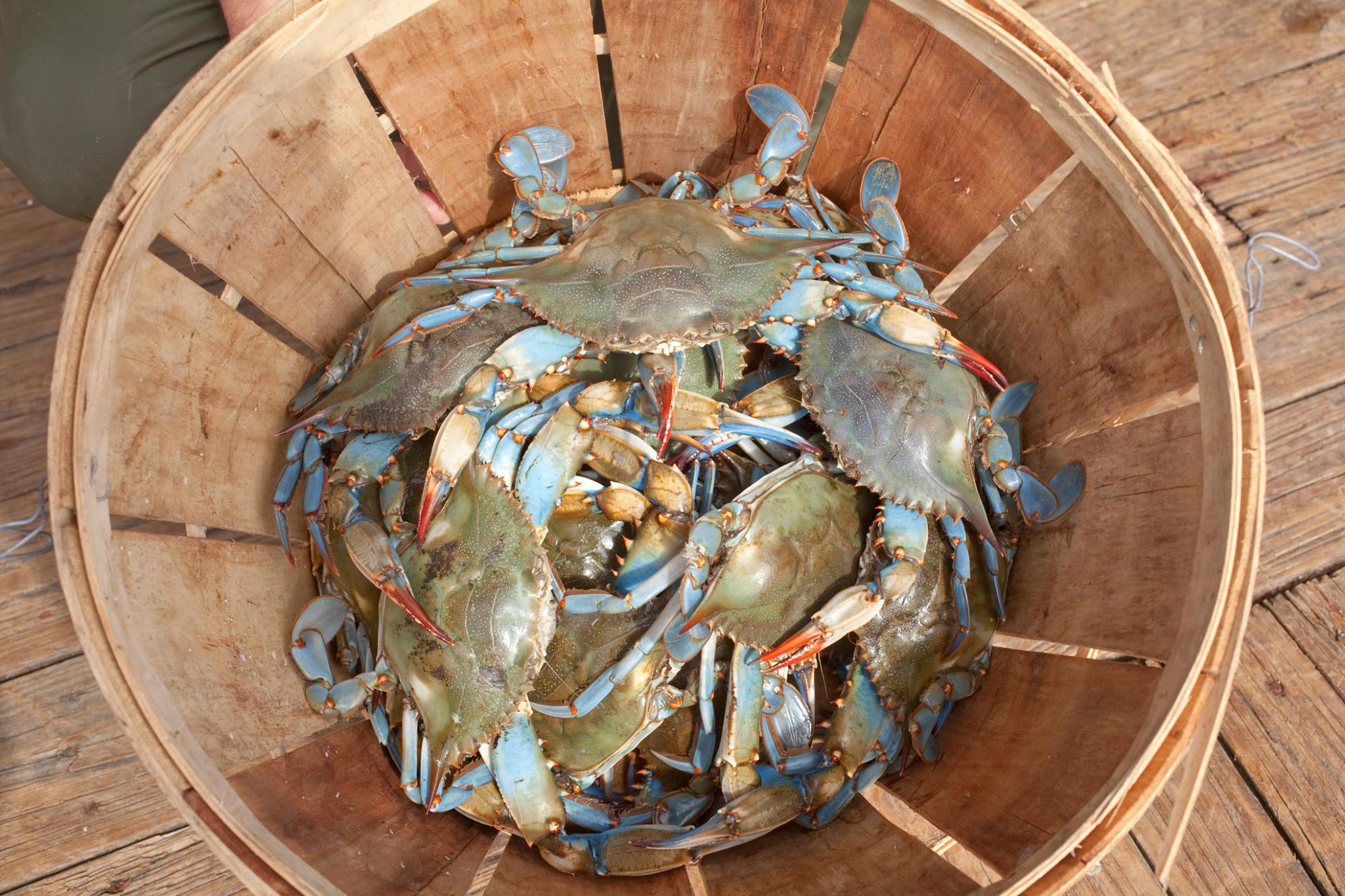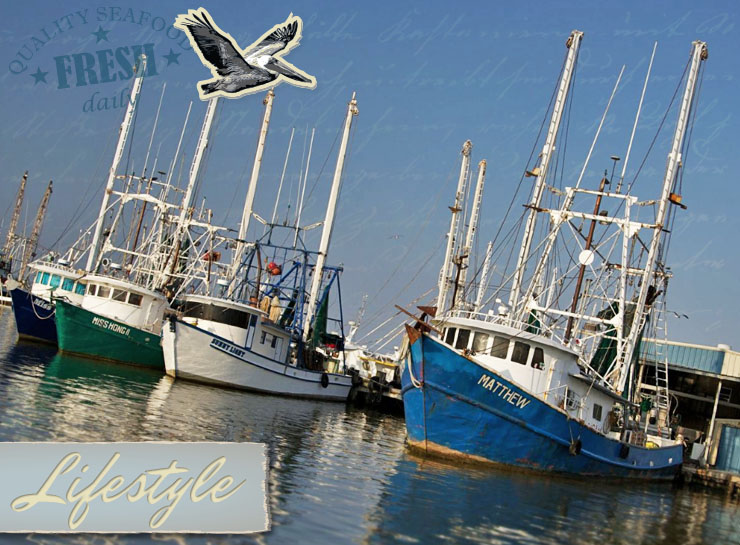What is a culture of sustainability and why is it so important to support a sustainable U.S. seafood industry? A recent TEDx talk describes sustainability as “making deliberate decisions to prevent further breaking of our oceans’ boundaries.”
Consumer demand for specific types of seafood, like shrimp, haven’t always been supplied in perfect symmetry by our waters, so the need for farmed and foreign products arose. But the shrimping industry in particular is being examined more closely than ever because of unsafe and harmful practices used in these imported seafood production methods.
 |
| Photo courtesy LA Seafood Marketing & Promotions Board |
Recently new legislation and other initiatives have been put in place to protect domestic shrimp authentication, and to prevent other countries from practices like dumping. A recent article in the Times Picayune explains “dumping seafood” as artificially lowering an internationally traded product’s price to give it a steep advantage over competition in its destination country.
New laws such as these are focused on turning the challenges facing the seafood industry into a success story that is vibrant, fully self-sustaining, and profitable.
Shrimp fisheries in Louisiana received favorable marks on sustainability from the Audubon Nature Institute and the Marine Stewardship and Conservation program.
In Louisiana, generations of fishermen have plied the waters of the Lake Pontchartrain Basin, Atchafalaya and Gulf of Mexico dating back to the 17th century. Seafood producers of Louisiana work hard to provide nourishing, fresh product while protecting each species for future generations.
Fishery management plans ensure Louisiana’s fish stocks are maintained, overfishing is eliminated and the long-term socioeconomic benefits to the nation are achieved.
Our Role in Sustainability
The “Farm to Table” movement has flourished in recent years, with consumers paying more attention to the conditions in which (and where) animals are bred, fed, and raised to produce foods like poultry, beef, eggs–and even vegetables. The same attention needs to be brought to the seafood industry, and the resources and information available to help us make informed decisions.
 |
| Photo courtesy of Louisiana Wildlife & Fisheries |
So what can we as individuals do to help restore balance to our aquaculture? First of all, we can be more pro-active about learning the origins of the seafood we’re buying.
Whether you’re dining out or purchasing shrimp at your local grocery store, you can ask, “Where does this come from?” Do your own research on your favorite items to find out how that particular species is caught. You may pay a little more for locally sourced seafood. But what is it worth to know the seafood on your table was responsibly harvested and processed? And what is the value in supporting the traditions, lifestyles and environment that have sustained the people of Louisiana and fed the nation for centuries? It’s time to ask ourselves, what is the impact or footprint we want to leave on our oceans and gulf waters?
Celebrating with Sustainable Gulf Seafood
Living near the best-tasting wild caught seafood in the world, it’s only natural that the people of Louisiana celebrate with seafood year round–whether it’s crawfish during Mardi Gras or Easter; shrimp or oysters on the Fourth of July; softshell crab, catfish or fried oyster po boys for lunch; or seafood gumbo and stuffed mirlitons at the holidays.
Deanie’s was the first restaurant and seafood market in the Greater New Orleans region to earn the Louisiana Wild Seafood Certification, which guarantees that we serve only seafood that is natural, sustainable, and sourced from Louisiana waters. The seafood industry in Louisiana is a vital part of our local economy, and Deanie’s Seafood is committed to supporting that culture.
